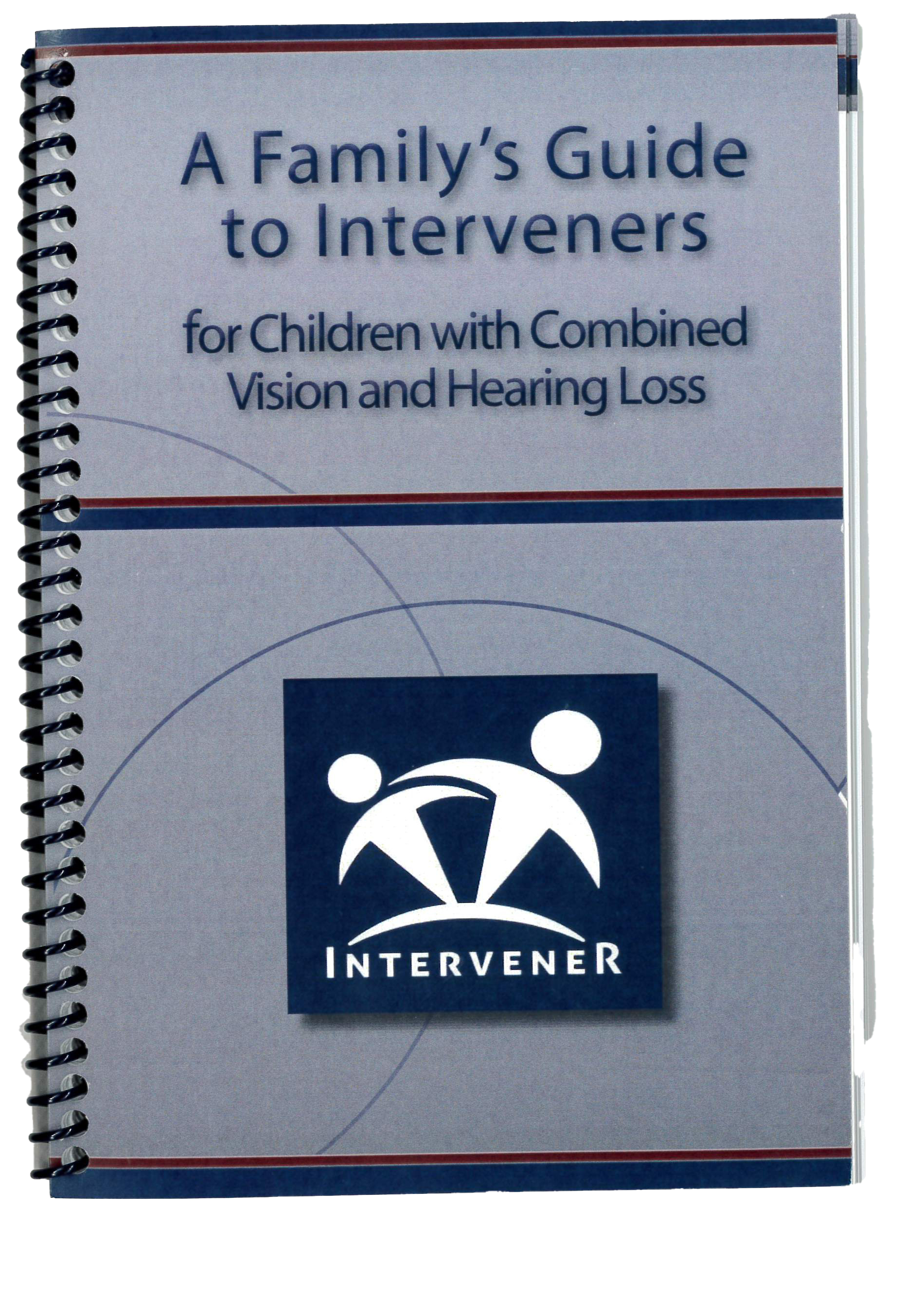For families just beginning this journey, to become an effective advocate, it is critical to create and maintain effective working relationships with key members of a child’s educational team. The art of creating effective relationships is hard to describe, but it is important to acknowledge that relationship building is a key task for parents and parent advocates. Relationship building is a balancing act between advocating for a child’s needs and being reasonable and understanding in working with your team. A few old adages may apply in understanding the art of relationship building such as, ‘pick your battles’ and “don’t win the battle at the expense of losing the war!”
Ideally, families need to be educational partners with their child’s Individualized Education Plan (IEP) team. Any expectations you put on the team should also be done at home. For example, if sign language is the chosen communication method, please learn and use sign language with your child at home.
The Individuals with Disabilities Education Act (IDEA), acknowledges that parents remain the most important advocates for children with disabilities. The more parents educate themselves and understand their child’s needs, the better they can advocate knowledgeably and confidently, and the more successful their child will be.
As mentioned elsewhere, deafblindness is a disability of access, and interveners can provide that access. Share information on deafblindness with the IEP team as they likely have never worked with a child who is deafblind. IEP team members would likely appreciate information on deafblindness. Use the resources below and throughout this website to help advocate for intervener services. The Family’s Guide to Interveners is important to read and will help you advocate. The sample letter may help you in your request for an intervener with the IEP team. Your State DeafBlind Project could serve to help you in your efforts.
Parent Booklet

This informative 62-page publication was created especially for parents by parents of children who are deafblind. Through the authors’ combined experiences with their children and having seen the importance of intervener services to their child’s learning and development, they believe that it is critical that all parents of children and youth who are deafblind be informed about the role of interveners and be knowledgeable about how to advocate for interveners through the IEP process. This booklet briefly describes deafblindness and the role of interveners, and then guides parents through the components of the IEP process that are most critical to determining the need for intervener services in educational settings.
An electronic version of the Family’s Guide to Interveners is available to download now or you can order a print copy for $15 which includes a laminated card with important questions to ask during the IEP development. Please click here to download the order form , then e-mail your order to [email protected]
Sample Letter
Once you fully understand the material in the guidebook, this letter can be used with the IEP team, Principal and/or Special Education Director.
